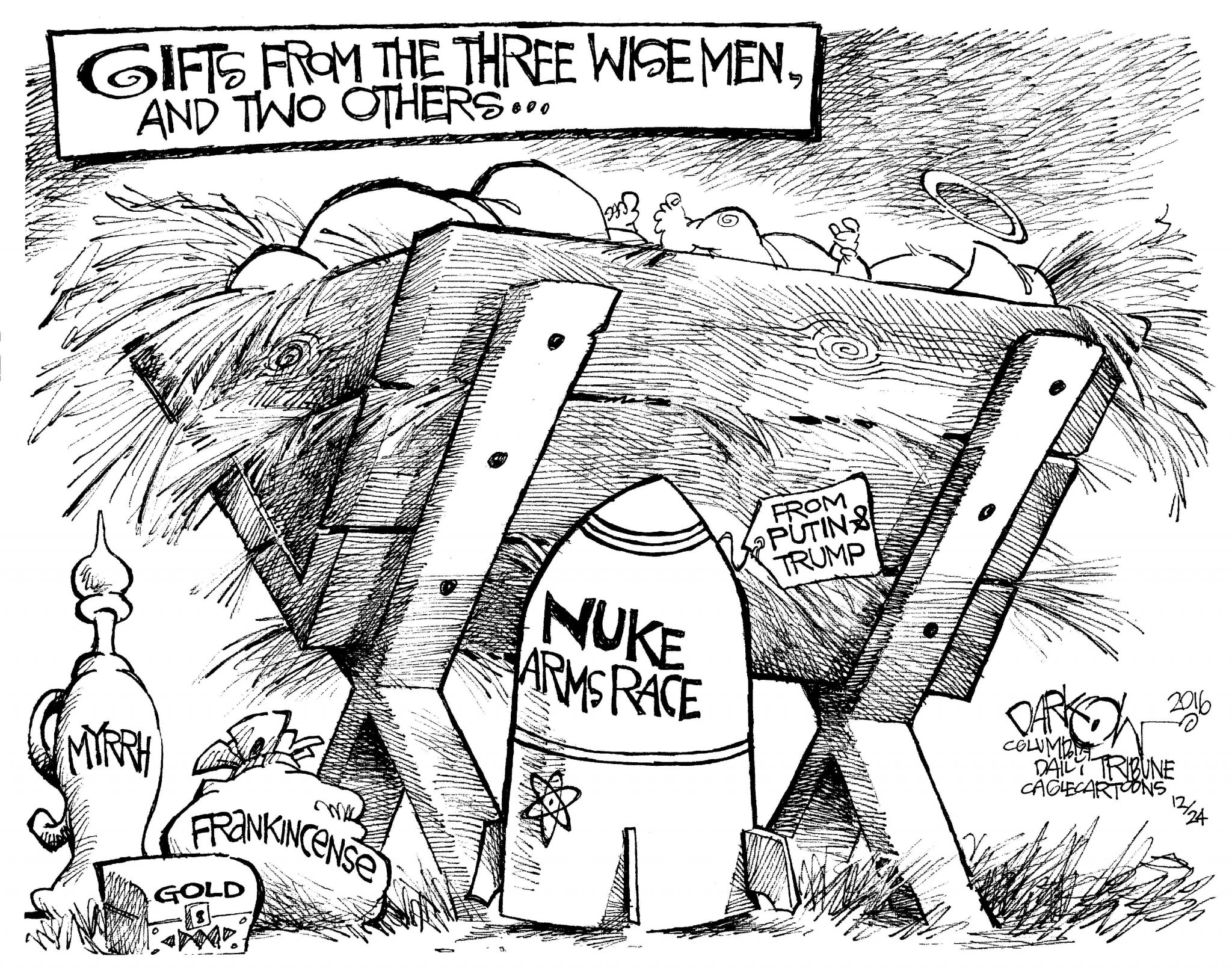BY JAMES L. STOVALL
In 1985, Czechoslovakian playwright and dissident Vaclav Havel sat in prison while his country was under the control of the Soviet Union. At that time there was no indication of the changes that would occur within a few short years. He eventually came to lead the Velvet [non-violent] revolution which overthrew the Soviet dominated communist regime and he was elected as the first president of the Czech Republic. These were his words on hope:
The kind of hope I often think about [especially in situations that are particularly hopeless, such as prison] I understand above all as a state of mind, not a state of the world. Either we have hope within us or we don’t; it is a dimension of the soul; it’s not essentially dependent on some particular observation of the world or estimate of the situation. Hope is not a prediction. It is an orientation of the spirit, an orientation of the heart; it transcends the world that is immediately experienced, and is anchored somewhere beyond its horizons. Hope, in this deep and powerful sense, is not the same as joy that things are going well, or willingness to invest in enterprises that are obviously headed for early success, but rather, an ability to work for something good, not just because it stands a chance to succeed.
As I sit writing these words, our president-elect speaks of expanding our nations nuclear capability while ignoring the ever-rising temperatures that plague our planet. He is appointing a cabinet and adopting policies that moves the U.S. to the back of the line in regard to a clean energy future and the protection of the air, land and water upon which we all depend.
The good news is that unlike Havel, we are not in prison. There’s an extraordinary short poem by Wendell Berry that has touched this for me personally:
In the dark of the moon,
In the flying snow, in the dead of winter
War spreading, families dying, the world in danger
I walk the rocky hillside, sowing clover.
That kind of hope is about doing things to promote life. It reminds me of a story of an old woman in the Middle East who planted a date. When you plant a date, you know you’re never going to eat the fruits of the tree, because it takes about 80 years for a date seed to grow into a tree with roots deep enough to take that scarce water and bring it up to the surface and produce the fruit. If you understand this process, you can make the commitment.
You know that in the 80-year period, date trees are buffeted by sandstorms and windstorms and all kinds of impacts on their growth. For the most part, the tree could look as if it is dying during those 80 years. If you didn’t understand the process, you could easily make a judgment about the severity of its condition and cut it down.
You have to live out of the image of what is going to happen, and that’s what I’m talking about, living out of our images of hope. Hope is a choice. We make a choice to hope. And once we do that, it can make all the difference in the world and our role in creating it.
– James L. Stovall, M.Div., is director of the Mediation Institute in Oklahoma City and an ordained minister in the United Church of Christ








